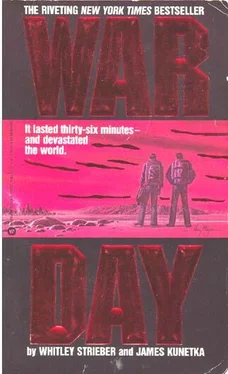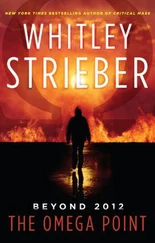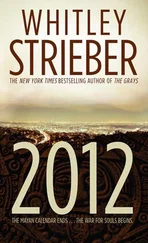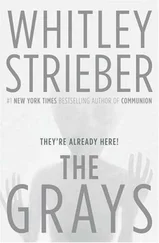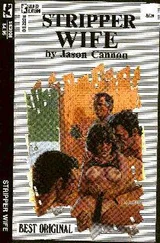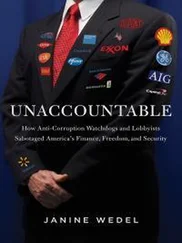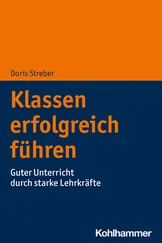But we are young now, Stacy and me.
East of Pittsburgh there are mountains, then there are farms, then there are fields full of wild growth, and a tumbledown look to the towns. Not many people are aboard the Empire State, the train that runs from Pittsburgh to Albany via Scranton. We are carsick and uncomfortable. This was not a passenger line before the war, and the roadbed is brutal. I doubt that we’re going much more than forty.
We reach Scranton after midnight. There is a cold, wet wind blowing out of the northwest. The air is fresh, with a tang of woodsmoke. We are leaving the train here, shifting to Trailways.
To pare some hours off our journey, we’ll take the bus across 84 to Poughkeepsie, then catch a midmorning train down to the end of the line in White Plains, the headquarters of the New York Military Area.
The terminal is empty, lit by a single light. There are no streetlights in this neighborhood, and we are forced to rely on a map, reading street signs as best we can.
The Trailways station is more active. People camp here and there in the waiting room. Somebody is playing a dulcimer quite well, but I do not recognize the tune.
The restaurant is open, selling cheese sandwiches, cherry pie, and a local brand of yogurt I eat a slice of the pie, which is far less sweet than what used to be sold in bus stations. We get coffee, which is generally made from toasted grain these days, and this is no exception. But it’s hot.
There is one other passenger on the Poughkeepsie bus, a small woman of delicate beauty. Her eyes are large and dark, her lips full, her brown hair framing her soft face, which is as pale as a shadow.
She tells us she is on her way back to Boston. Her family lives in Scranton, but she is in school at Harvard. She is studying twentieth-century English literature. I am delighted. It was a discipline I thought might have been abandoned in the rush to prepare people for practical careers. “I’ve applied to read at Oxford or Cambridge, but I doubt I’ll make it. There are a thousand American applications a semester, just for my field. They take six in modern literature.”
“What’s it like at Harvard?” Jim asks.
“Difficult, in the sense of physical survival. I’m a senior. I arrived there in the fall of ’88, right? I was just starting my freshman year when the war happened. I stayed there because it was obviously mad to try to get back to Scranton. I couldn’t even make a phone call home for months. I wrote, but the letters never got through. Harvard was in total chaos. People were leaving—students, professors, administrators. Trying to get home, wherever their homes were. Northeastern University, which is in the Fenway in Boston, officially closed. There were all kinds of problems there. The students rioted when they couldn’t get food. I heard that there were shootings in the Fenway. In any case, one can now get a former student apartment there for next to nothing.
“Harvard was a bit better off than Northeastern. We thought of the war as an awful sort of irony, because there had actually been a joint U.S.-Soviet physics conclave in session on campus when the war was fought, the first such conclave in years. The Russians tried to leave the next day. They set out for Logan Airport on foot, finally, even though it was obviously hopeless. Nobody ever saw them again.
“The famine caused riots in Boston, which grew so serious that the campus had to be sealed off. I found myself in the peculiar position of studying for my finals while doing guard duty in the Yard. I was lucky to fall only a semester behind. Despite everything, Harvard was still dutifully failing people at the usual alarming rate.
“Those times were very dramatic and dangerous. The worst problem was food. We ate odd things. The various kitchens kept coming up with jointly prepared meals. Pickles, corned beef, Wheaties, and Tang was the sort of thing we might get for dinner. Everybody was always babbling about how various unlikely things would make complete proteins when they were put together. To make a long story short, we all but starved.”
“What do you study?”
“Well, at this point my seminar in Joyce is probably my most interesting course. I went through a period of furiously deconstructing everyone from Barbara Pym to James Gould Cozzens. I think I agree with Cozzens about some things. You know what he said about Joyce? He said, ‘There’s no point fooling around with the English language. You can’t win.’ It’s a hilarious thing to say, but I think there’s something in it Please don’t think me a conservative, though. Actually, I suppose it’s possible that’s exactly what I am. I’m not really certain where I’m going, except that I feel most drawn to prose that is written with absolute clarity. Pym. Anthony Powell. Americans? Maybe Wharton, certainly Hemingway, although in his case the directness tends to bury what should have been subtle about the work.”
“Do you think it’s appropriate for somebody to be studying a subject as impractical as English literature right now?”
“Impractical? It’s not impractical at all. In fact, it’s very necessary if we intend to keep the civilization going. I can’t make widgets, it’s true enough. But not every single soul should. I’m a klutz anyway.”
We ride on, three people in a bus. If there weren’t medical supplies aboard, we wouldn’t be traveling at all. No bus company would release a bus with so few passengers unless there’s another, better reason to move it than their needs. We are quiet for some time. I have just closed my eyes when the girl begins to talk again.
This time her voice is low and rushed and full of tension.
“I have a lot of trouble with images that won’t leave my mind. I have to make room for them. For example, I have an image of a kid who was executed in Cambridge. Can you believe it, he had broken into a house and killed everybody and eaten their food. Then he did it in another house. He was caught and put in the town jail. Two weeks later he escaped and did it again. This was the only way he could think of to cope. When he was caught a second time, the town made a decision to hold a public execution. We were deeply shocked, all of us at Harvard. This was in the summer of ’89. We thought to mount some kind of a protest, but there was no time.
One morning there was an execution notice on various bulletin boards around town, and that afternoon they hanged him by pushing him out a window with a rope around his neck. He was left there for days. I am not sure that the threat of execution deterred anybody else from killing for food. Most people wouldn’t do it anyway, not under any circumstances.
“I have an image of the police finding the house next door to mine with everybody in it dead during the first week of the flu.
“I have an image of my dog, Nancy, the night I let her go. People killed their pets during the famine, but I let Nancy go. She never came back. I hope she learned to live by hunting. She was a smart dog.
“When the kitchens began to fail, Harvard organized foraging teams. We ate rats, ducks from the park, geese when they appeared, all kinds of things. We ate the city-issue cheese and the carrots and potatoes the Army brought in. I’ve heard that lots of people starved during the famine, and I’m not a bit surprised.
“I’ve just had the satisfaction of going home and finding, once again, that my family is well. I go every few months, even though we can now talk on the phone. I really am compulsive about it.”
“Does your interest in family life mean you want to get married?” I asked.
“Am I wrong, or is there a whiff of fatuousness about that question? I’m twenty-two years old and ought, I suppose, to be eager to support a house-husband on my possible stipend of two quid a week, assuming Oxbridge accepts me. Is that a sufficiently fatuous answer?”
Читать дальше
